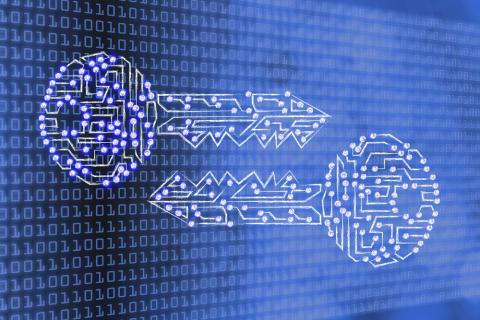
Through this report, ENISA aims to enhance stakeholder awareness, facilitate risk analysis in evolving threat landscapes, and bolster trustworthiness in remote identity proofing methods.
In cooperation with the European commission, Member States and other EU bodies, ENISA engages with expert groups to address emerging challenges and promote good practices on the implementation of cryptographic solutions, with a major focus on post-quantum computing.

Cryptography is a vital part of cybersecurity. Security properties such as confidentiality, integrity, authentication and non-repudiation rely on strong cryptographic mechanisms, especially in an always connected, seamless online world.
In addition, cryptography applications open up new opportunities and markets. Digital signatures or online transactions would not be possible without it. Given its importance, cryptography (encryption) remains a heavily researched field and even finds its way into the headlines. It is also referenced in high level policy and regulatory streams of work.
In particular, quantum technology will enable a huge leap forward in many branches of industry, as it can efficiently resolve problems the technologies of today can't provide a solution for. However, this technology will be highly disruptive for our current security equipment and systems and especially for cryptography. Other related topics of interest include distributed ledger technologies and crypto-assets.
ENISA has been working on post-quantum cryptography for several years and delivered reports on state-of-the-art and mitigation techniques for relevant challenges. ENISA’s work provides a concise overview of the current progress of the standardisation process for post-quantum cryptography (PQC) schemes and introduces a framework to analyse existing quantum-safe solutions, classifying them into families and discussing their advantages and shortcomings. Moreover, work on the integration of post-quantum cryptography with existing cryptographic solutions is at the forefront of ENISA’s efforts.
In cooperation with the European Commission, Member States and other EU bodies, the Agency engages with expert groups to address emerging challenges and promote good practices in the area of cryptography, aiming mainly at the advent of post-quantum cryptography.
Stay updated with ENISA! Sign up for email alerts on publications, events, vacancies, and more.